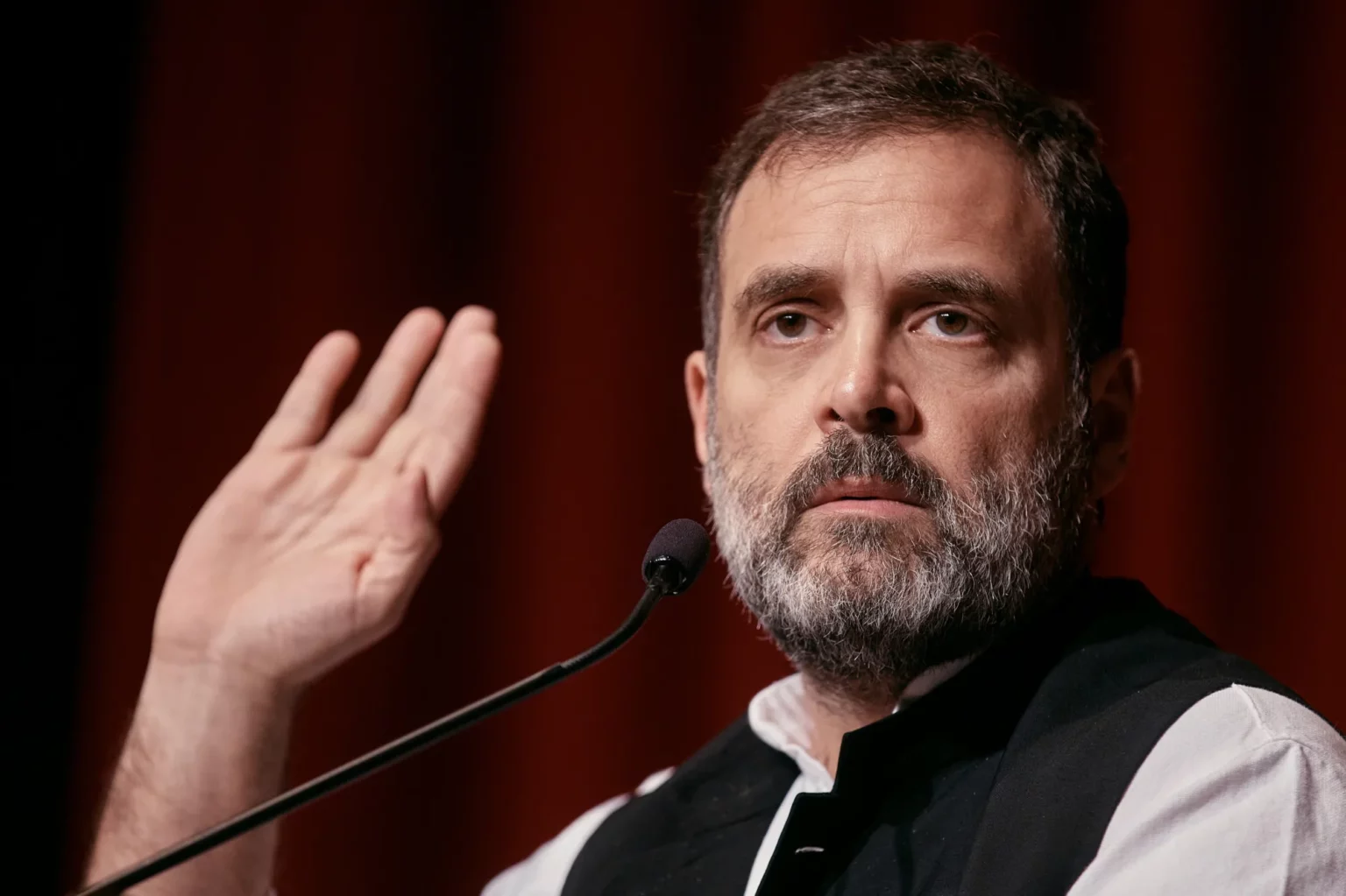In a bold move, Rahul Gandhi, a prominent opposition leader in India, has unleashed a scathing critique of Prime Minister Narendra Modi’s response to the recent wave of violence in Manipur that has claimed over 120 lives. In his first in-house speech since his two-year sentence for defamation comments against Modi, Gandhi took the opportunity to voice his concerns about the ongoing crisis.
Gandhi’s address was particularly significant as he recently regained his parliamentary status after the Supreme Court suspended his defamation conviction related to his criticisms of Modi. The scion of India’s esteemed political dynasty, Gandhi has emerged as a steadfast advocate for accountability and change.
The opposition leader’s speech occurred within the context of a heated no-confidence debate, where he called upon the government to step down in the face of escalating violence that has plagued Manipur for months.
Using strong rhetoric, Gandhi stated, “You are throwing kerosene in the whole country. You threw kerosene in Manipur, and lit a spark.” His impassioned words garnered support from his followers, even as opposing lawmakers voiced their disagreement.
He continued, “You’re set on burning the whole country. You are killing Mother India.” These words underscored the urgency of the situation and the significance of addressing the crisis effectively.
The debate also drew attention to the divisive political landscape in India, where Modi’s Hindu-nationalist Bharatiya Janata Party (BJP) has faced allegations of exploiting divisions for electoral advantages. As the nation gears up for next year’s general elections, the no-confidence vote was seen as a political maneuver by the ruling BJP, which is expected to maintain its majority in the lower house.
Gandhi’s pointed criticism extended to the Modi administration’s handling of the turmoil in Manipur. He questioned the delay in deploying the army to restore peace and urged a more proactive approach. “India’s army can bring peace in one day, but you’re not utilizing it,” Gandhi asserted, echoing the concerns of many who feel that the government’s response has been inadequate.
In response to the crisis, soldiers have been dispatched to Manipur from various regions, while curfews and internet shutdowns have been imposed in multiple areas across the state. The underlying tensions between the Hindu Meitei majority and the Christian Kuki community have fueled the violent clashes.
Rahul Gandhi’s impassioned plea for swift action highlights his determination to hold the government accountable for its response to crises. As he endeavors to bring smaller parties together for a grand coalition ahead of the upcoming national elections, Gandhi’s rhetoric resonates with those who seek a more effective and empathetic approach to governance.
While the no-confidence debate is set to conclude with Prime Minister Modi’s response, Rahul Gandhi’s impactful speech has already stirred debates on the role of leadership in addressing and preventing such crises, resonating deeply with citizens who demand transparency, accountability, and effective governance.




